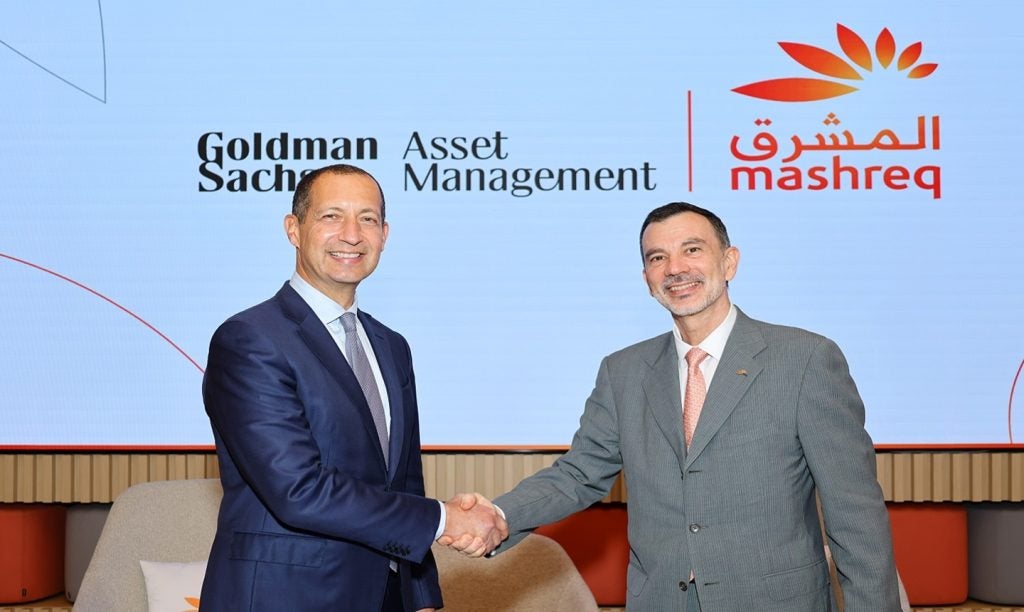With the family office concept gaining traction outside
its traditional heartland of the US, private banks are under
pressure to present themselves as a better option for wealthy
families. Paul Golden finds out what banks could do better to stem
the outflow of family assets.
 The private banking sector has taken a hammering over the
The private banking sector has taken a hammering over the
last couple of years, at the same time as providers of family
office services have been promoting themselves to a wider audience.
Family offices are now building in Asia, where they hope to tap
into the huge amount of new wealth created over the last
decade.
Sandy Loder, who recently started up wealth
advisory firm AH Loder Advisers, (see profile on facing page) says
a higher level of dissatisfaction with private bank wealth
management services among wealthy families since the global
financial crisis has driven changes.
It has resulted in clients diversifying their
funds across a number of different wealth managers and private
banks or moving all their funds to a new bank, he says.
“This has been confirmed by both Rothschild
Private Bank and Trust, which has benefited from these inflows.
Rothschild says that families tend to have a distinctly skewed
attitude to risk and return, along with a complex mix of assets and
exposure,” Loder says.
“They want a banking relationship where they
can discuss their investment preferences with an adviser who will
listen intently and include these preferences, if appropriate, in a
portfolio that represents a family’s best interests.”
Transparency, transparency
While some wealthy families will trust the
private bank to make investment decisions, many others are more
wary of being sold financial products now, especially complex
ones.
“They want more transparency and a clearer
breakdown of what is being put into their portfolios on a
discretionary basis,” adds Loder.
In such a climate, private banks need to do all
they can to present a positive image. However, this is not helped
by findings from a survey from MyPrivateBanking.com last year. It
found that one in four of the European private banks surveyed
showed no interest in the views of the supposed ‘client’.
More than half recommended an extremely bearish
strategy despite indications that the client was looking for a
long-term strategy with reasonable risk tolerance and around
one-third had significant hidden costs in their proposal.
 What families
What families
want
Families want to do business with
people who understand their specific requirements as well as the
financial products they are selling.
Banks need staff that can interact with
several generations and display a diversity of thinking that the
family cannot find in-house. Clients are also expecting a very
candid assessment of what they can achieve from their
portfolio.
A report on private banking produced by Ole
Heggtveit and David Clarkson of management consulting firm Oliver
Wyman last year concluded that private bankers had lost the trust
of their clients because of unsound incentive structures that were
only exposed by the financial crisis.
They suggested that only by making structural
changes would private banks retain many of these clients over the
long-term.
Changing wealth thresholds?
Deutsche Bank Private Wealth Management’s
wealth thresholds have remained unchanged throughout the crisis,
confirms Anil Venuturupalli, its chief operating officer for
Asia-Pacific.
Jaideep Hansraj, head of wealth management
services at Kotak Mahindra Bank, says that rather than reducing
thresholds, his bank believes in the need to further differentiate
offerings at the higher end of the spectrum.
“However, on the fee side we are witnessing a
move from transaction orientation to a fee-based model,” he
adds.
According to Roger Hobby, president of the US
northeast region for Wilmington Trust’s wealth advisory services,
fees are constantly reviewed “to make sure they are fair and worth
the value they bring to clients”.
Core competencies
Relationships, trust and the bank’s core
competencies are the main factors that persuade a family to place
its business with a particular private bank, he says.
“They are asking the smart, tough questions
that should be asked,” he says. “They are not simply taking the
word of a golf buddy or family friend.”
Wilmington Trust has long-standing
relationships with high net worth family networks and peer groups
and Hobby says it is hugely supportive of this type of organised,
best practice thinking.
Loder acknowledges that private banks have also
looked at their risk management processes post-crisis and have gone
to great lengths to reassure their clients that they are not going
to “do a Lehmans”.
Differentiation matters
But Loder also says they could do more
to tap into HNW family networks. He thinks they could differentiate
themselves from investment managers and advisers by listening and
finding the best investment products for the client “rather than
finding clients for their products.”
Bank’s approach to ‘soft’ issues such as
philanthropy or succession planning is the other area where he
feels private banks are falling short.
“Banks have not really worked out a charging
mechanism for these issues, instead offering these services for
free in return for being able to manage the assets. Why? Because
the profits come from the asset management fees, many relationship
managers are heavily incentivised to gather assets and many have no
experience or training in many of these soft issues.”
Private banks are being challenged to change
the way they engage with their HNW clients, if they fail to act
quickly enough the rise of family offices is set to continue.







